By Monica Matts and Belen Mekonnen
Since Headlight’s inception in 2019, we have honed our expertise in a few practice areas, including Developmental Evaluation (DE) and Collaborating, Learning and Adapting (CLA). These two approaches are certainly related and reinforcing, but they are also distinct. What’s the connection between DE and CLA? How are they similar and how do they reinforce each other? In this blog, I’ll share my thoughts on the relationship between the two, and would be interested to hear your thoughts.
First, let’s define a few terms. Developmental Evaluation (DE) is an approach to evaluation, marked by a few key characteristics. DEs are:
- Supportive of continuous adaptation
- Establish iterative learning and feedback loops
- Use-focused
- Adaptable in nature
In an earlier blog, we gave a comprehensive introduction to DE. One of the notable features of the approach is that the Developmental Evaluator is embedded with the implementation team while maintaining independent reporting and management lines for objectivity. DEs emphasize rapid and continuous cycles of data collection, analysis, and reflection to support teams in making evidence-based decisions and effectively adapting their strategy, operations, or activities in real time. The Developmental Evaluator uses their expertise in evaluation methodologies and analytical techniques to choose the best method based on the learning and evaluation questions, which may change throughout the project/activity’s implementation. According to USAID’s program cycle policy, DEs are an accepted approach for performance evaluations.
CLA is a component of USAID’s program cycle and is how USAID operationalizes organizational learning and adaptive management. CLA is a holistic approach that considers collaborating, learning, and adapting as part of programming and the enabling environment for organizational learning. CLA is not meant to be a separate workstream; instead, its approaches should be integrated into ongoing work.
How do DE and CLA support each other?
Both approaches are concerned with using evidence and learning in an ongoing and systematic way. Ongoing and effective adaptive management are central to both. DE and CLA are not cookie-cutter approaches and they must be tailored to meet the needs of stakeholders and context in order to be effective. The table below shows how DE relates to or supports the elements of Collaborating, Learning, and Adapting.
| CLA Framework Element and Sub-elements | DE Connection |
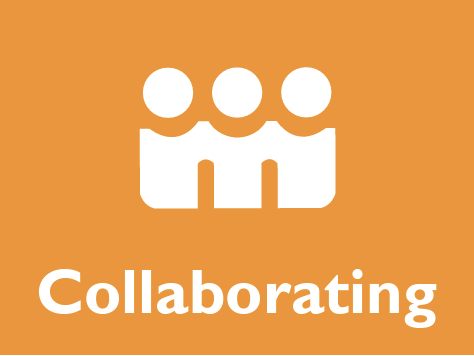 Internal Collaboration External Collaboration |
|
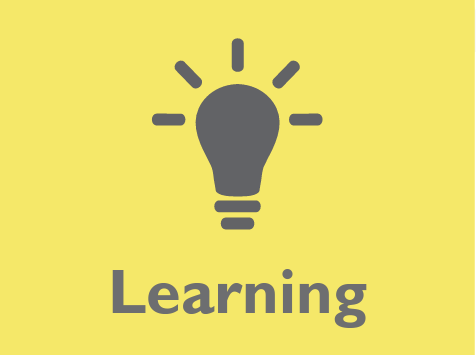 Technical Evidence Base Theories of Change Scenario Planning M&E for Learning |
|
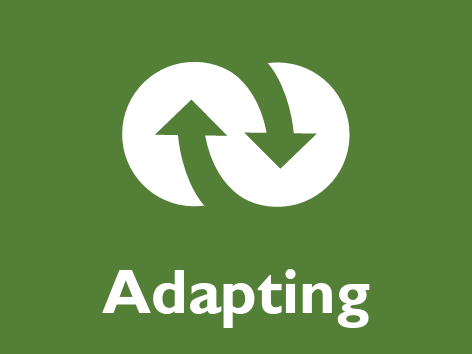 Pause & Reflect Adaptive Management |
|
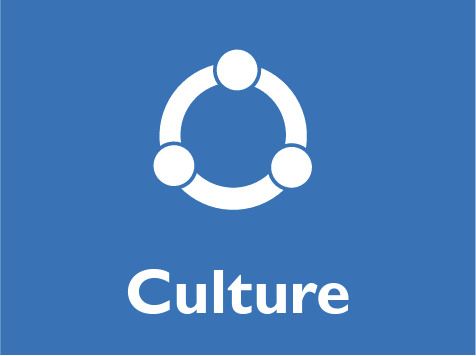 Openness Relationships & Networks Continuous Learning & Improvement |
|
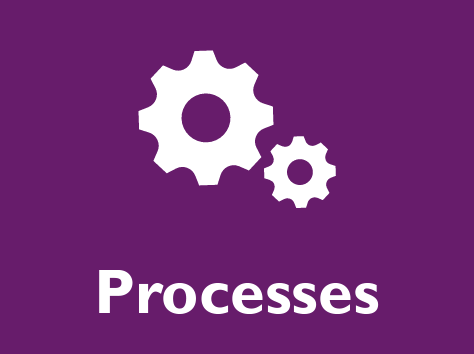 Knowledge Management Institutional Memory Decision-Making |
|
 Mission Resources CLA in Implementing Mechanisms |
|
As the table illustrates, DEs bring to life the components of CLA and can strengthen systematic CLA practice in a team or organization. When embedded, DE Leads provide technical evaluation expertise and support to implement data collection and analysis. At the same time, they also support adaptive management so that clients can act on new information to make evidence-informed decisions and align existing resources with strategic priorities.
What is your experience with these topics? What other connections do you see between DEs and CLA? Please share them with us in the comments below.





Comments
no comments found.